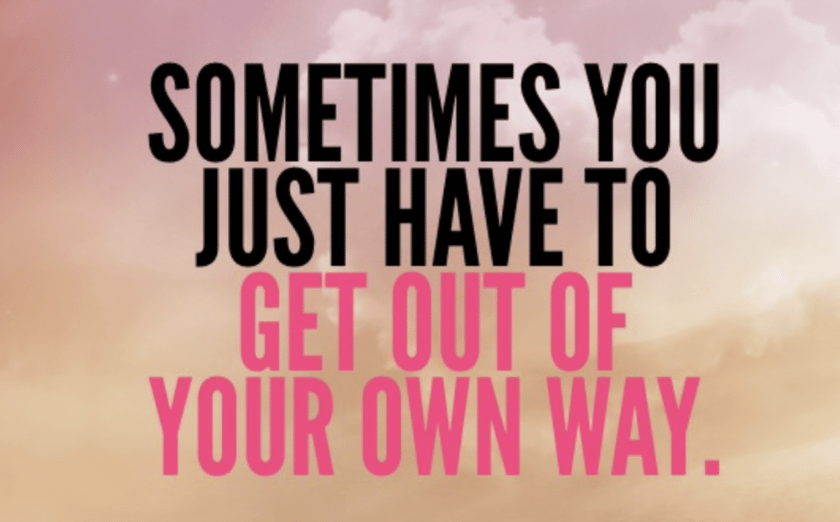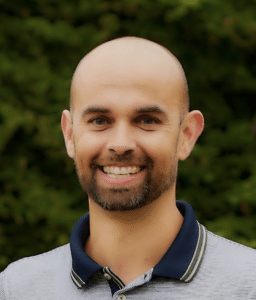In the second of his articles for Professional Paraplanner’s newly relaunched Development Zone (in association with Fidelity Adviser Solutions), Tony Fields, The Katalyst Coach, considers why we procrastinate and what we can do to better become the decisive individual who takes action.
Today is the day you are going to complete that report you have been working on. It’s been on your desk for a few weeks now and this really must be done. Hang on, you’ve been saying that every day for the past three weeks!!
The reality is this is a complex case. Also, this client is just never nice to deal with. Ok you know they have been through a rough time, however, why do they have to be so difficult. You could really do with giving him a ring to gather some extra information, however every time you have done this in the past, they have had more questions. This phone call is bound to create more work. Also, you have had clients like this in the past that have completely changed their mind. You spend all this time on the report and for nothing. He is bound to be one of these clients too.
You decide it can wait. You have a different report to finish for a lovely client which is nearly finished. You will do this instead. This client really appreciates what you do. Also, if you can get this done, you will have time for the more complex task this afternoon. Right?
Do you ever find yourself putting things off? Do you ever find that you overthink things? You second guess how clients will react? You make excuses that all sound very logical, and then never get started on tasks that you know you need to complete.
You know what to do, however that’s not the problem. Things get in the way, and you lose focus. You put off the big tasks even though these need to be done.
If you are someone who overthinks things, or if you are a natural worrier, you are not alone. In a recent study it was reported that 85% of the things we worry about never happen. Just think about that for a minute. 8 – 9 out of every 10 things you worry about are pointless. You can read more about this in this article.
We waste so much mental energy concerning ourselves with unnecessary things. We dwell on meetings or interactions that took place a few days or even a few weeks ago, and we plan and second guess what we are going to say in meetings in the future. Why do we operate like this? Why do we always get in our own way?
Join Tony in his latest webinar for Professional Paraplanner on this very subject – How to stop getting in your own way – on 30 June 2022 at 12.30pm. REGISTER HERE.
What we need to do is deal with the root of the problem. Once you really understand this, it will explain why so many people know exactly what to do, but never do it. This will explain why it is so easy to focus on our health after Christmas and we sign up to a gym in January with the best of intentions… but this change is only ever temporary.
According to research from Strava in 2019, the 19 January is the most common date when people give up their new year’s resolutions. This is fondly called ‘quitters’ day’.
I am also going to share with you, that the reason we act this way is not our fault. This is not about dissolving ourselves of all responsibility, but rather about understanding – truly understanding – why we continue to repeat the same patterns even if we are getting results we don’t want.
Have you heard of limiting beliefs? If not, have you have heard about studies which link our habits to our experiences in our very early life. You can liken this to a computer that has an operating system. The computer can never outperform the operating system unless it is rewired or replaced.
This is no different with us. Many of these habits were programmed into us at a very early age. We unconsciously go about our business, and try to make changes, however these changes are rarely permanent. The reason for this, is because we never deal with the root of the problem.
Let’s go back to your childhood for a minute. As a child were you ever told not to talk to strangers? Were you ever told to be careful? I would imagine that you were told this more than once. I suspect this was re-affirmed hundreds and hundreds of times. Is it any wonder then that we don’t like taking risks? And, for many, the thought of going into a room with lots of people you don’t know fills you with dread.
You may have always been an over thinker or had a sense of unease. When you reflect on this, you have felt this way as long as you can remember. You then go around telling people that you worry about things? You regularly think the worst is going to happen. You tell yourself what you can’t do. What we sometimes don’t appreciate is that we are re-affirming this habitual way of operating. We are compounding the problem.
Firstly, we need to identify what truly holds us back. What habits have held us back as long as we can remember. Then we must start thinking of ourselves differently. We need to stop the rot and to re-affirm the new habit we want to develop. And we need to act in line with these new thoughts. This may feel uncomfortable in the first instance; however, this is how we change habits.
If you are an overthinker and have a difficult task or difficult client to deal with today. Make this the first thing you do. Stop yourself every time you second guess what the client will say. Just get started, and you will probably find that this was not as difficult as you thought. Most of the things that you thought would happen didn’t. And you will start to feel an immense sense of achievement, when you take action every day and get things done. You are no longer someone who puts things off. You are no longer someone who procrastinates. You are a decisive individual who takes action. Every day you make progress, and you are moving forward.
If you want to consider in more detail the role our thoughts play in our results, then check out this blog on my website.
In Tony’s first article he examines why we struggle to meet the goals we set ourselves, if we properly set them, and how we can take action to renew our focus and direction to achieve our personal and career goals. You can read the article HERE.






























